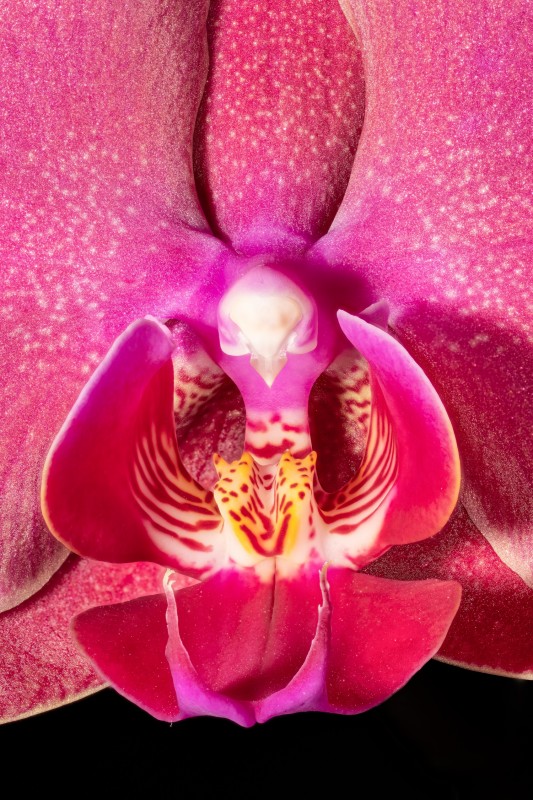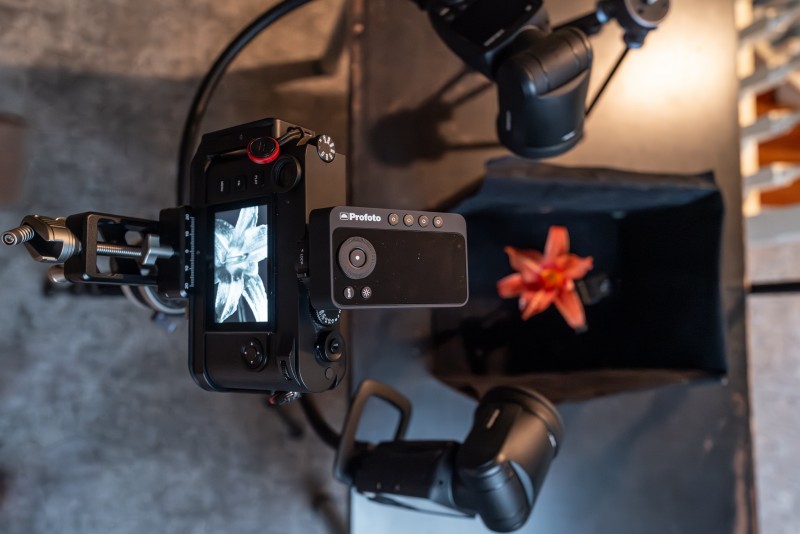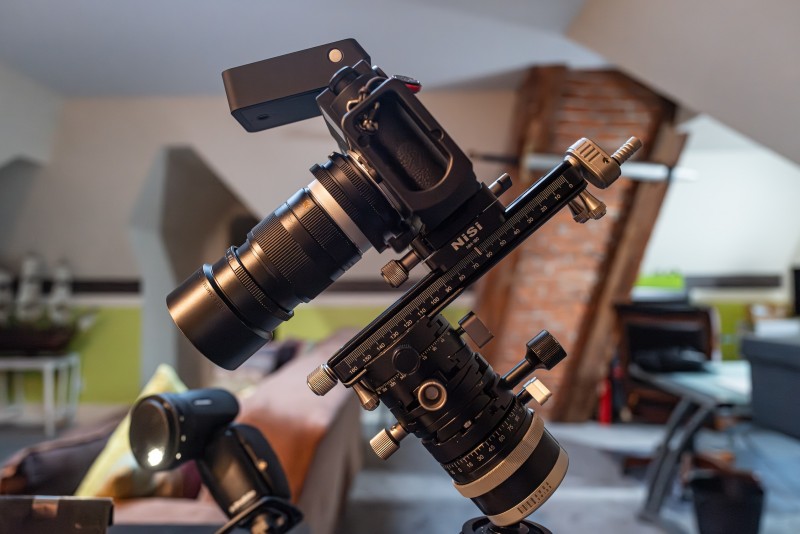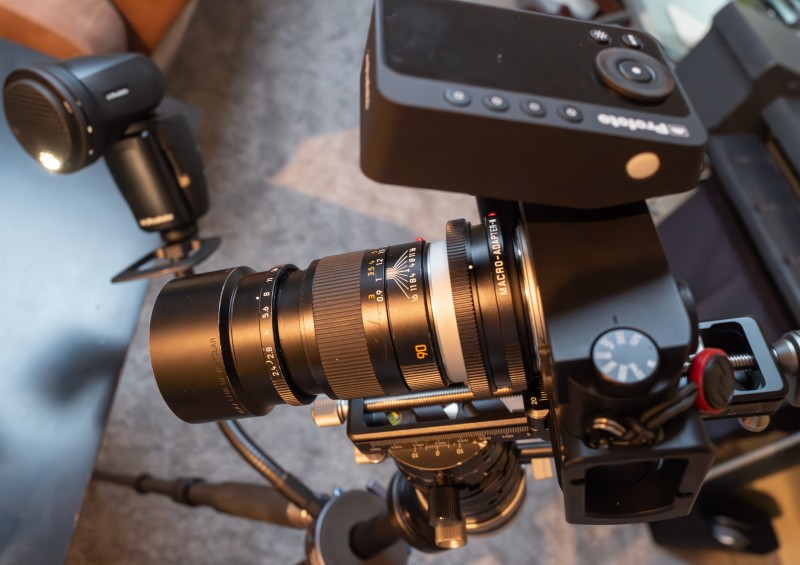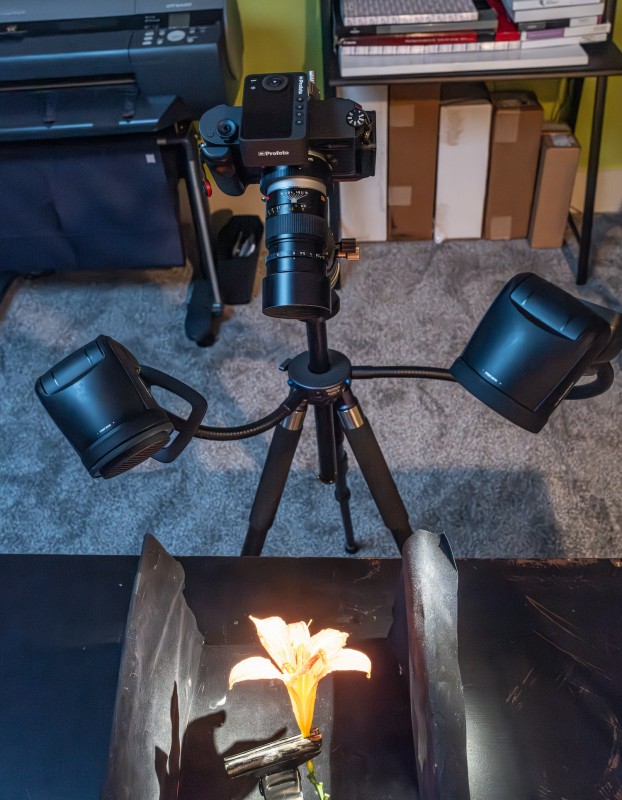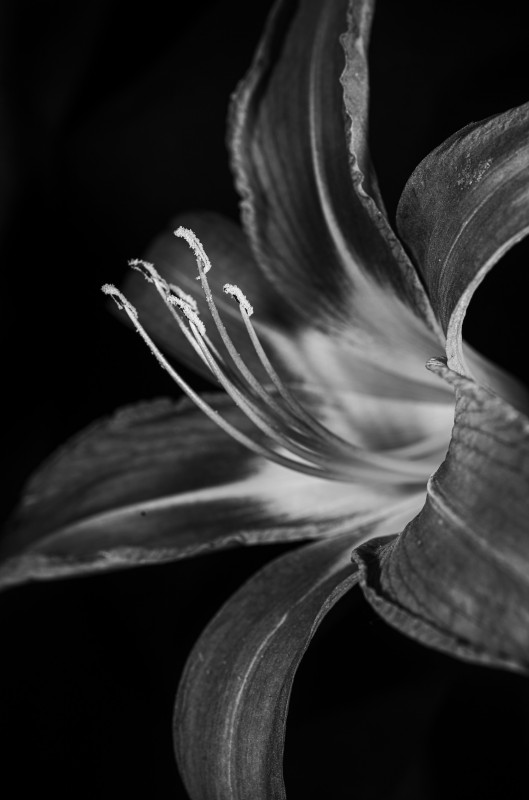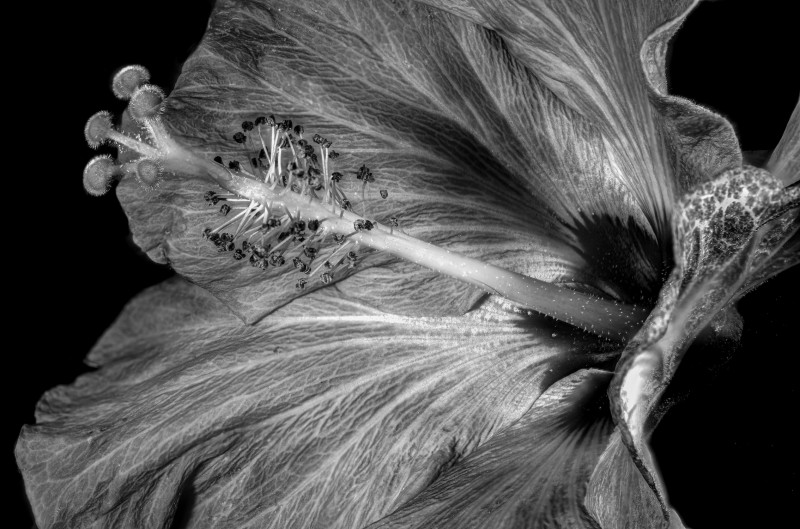The Face of Nature
The Face of Nature
Christopher Cove
August 6, 2024
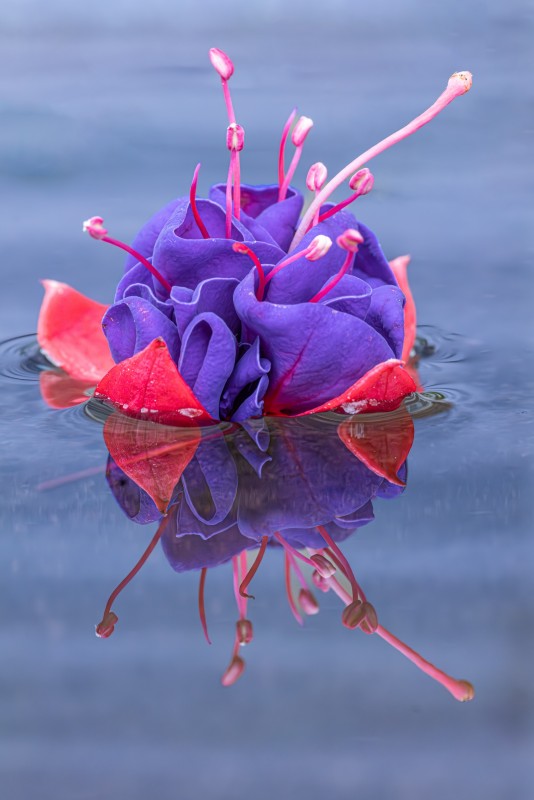
Christopher Cove: Georgia O’Keeffe’s once said: “When you take a flower in your hand and really look at it, it’s your world for the moment. I want to give that world to someone else. Most people in the city rush around so they have no time to look at a flower. I want them to see it, whether they want to or not.” I strive to have my flower images hold the viewers attention with the detail and lighting emphasizing their beauty. Flowers are all around us and we encounter them everyday. My hope is that my images change that encounter into an experience.
What exactly does your photographic process look like?
My process starts with observing the flower in the wild, my yard or even in a flower shop. I usually bring it into my studio. I prefer controlling the background and lighting. I often place the flower in a black velvet lined box or I may use a color background. I have even used mirrors or placed the flower in water to create reflections. I try difference angles and lighting set-ups to see what works best.
Can you say anything about the technical procedure?
For extreme depth of field I use a focusing rail for focus stacking. I will start at the farthest part of the flower and focus to the closest. A sturdy ball head and tripod is a must with a 2” self timer. For lighting, I need small lights that allow the use of different types of modifiers and excellent recycling times. I use fast shutter speeds and HSS flash to eliminate ambient light and constant lighting with light painting to create a more surreal lighting effect. I love to experiment with different lighting set-ups.
To what extent is Leica the perfect tool for your shots?
The most important part of my equipment is the lens. This is where Leica shines. They are very sharp wide open, have outstanding “character” and smooth mechanical focus. Also, since black and white is my first choice, the Leica monochrome cameras create my favorite black and white images in terms of tonality and malleability. I rarely need 1:1 macro, so the Leica Macro Adaptor M works great for me. When I need autofocus for more fluid situations, I can use an SL2 and get similar colors to the M11.
Why is an “insight” into the “physiognomy” of nature significant for people?
I think when we see something beautiful in nature we realize there is a power greater than ourselves. We see a design, a shape or a detail that resonates with our inner being that we may have forgotten. Because flowers are the “face” of nature, they are the entry way to seeing the beauty in the world.
Christopher Cove+-
Born in 1959, Christopher Cove grew up in a small town in Central New York State, USA. He became fascinated with “how things worked” – particularly the body – and spent his early years in the library reading everything about medicine, and eventually became a Cardiologist working in an Academic Medical Center. Parallel to this, he developed the same fascination with nature and photography where he found an artistic escape from the rigors of the medical field. More

